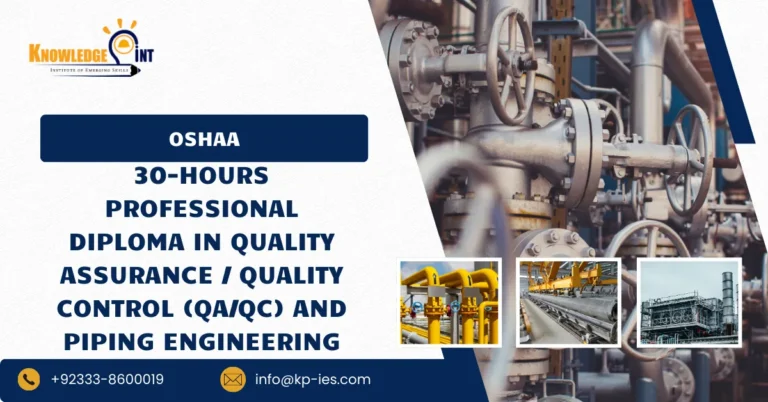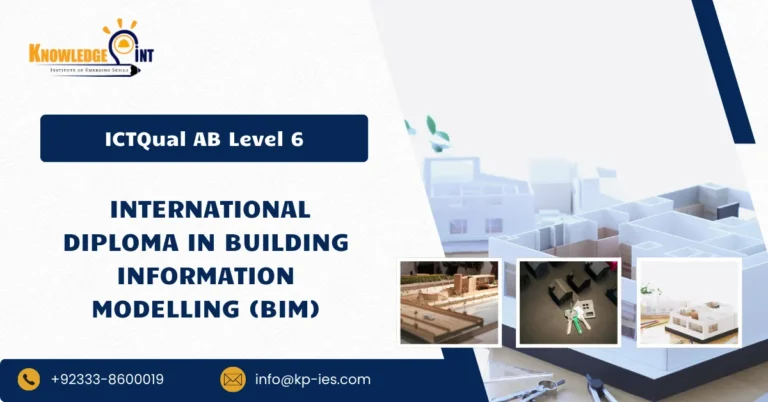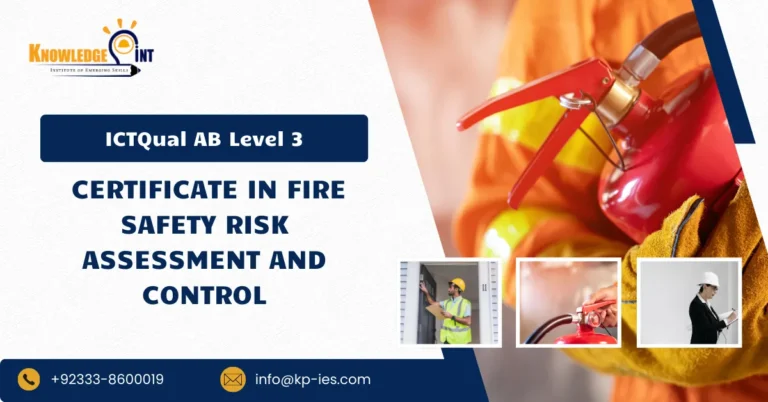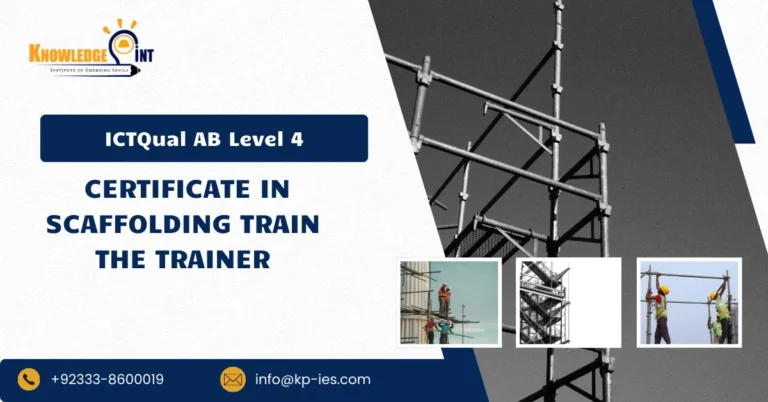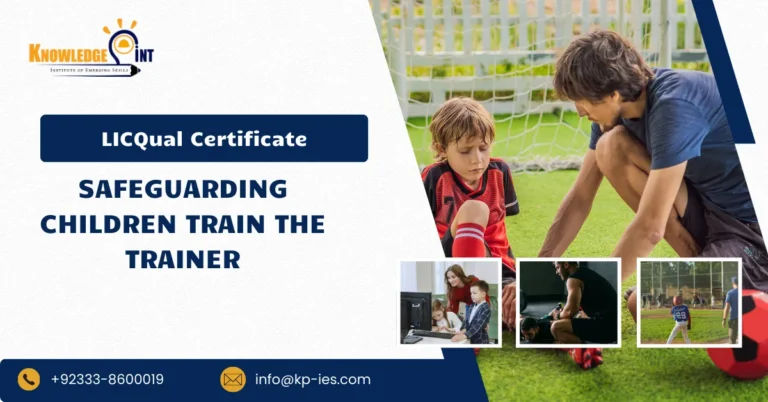LICQual Award
Industrial Accident Investigation
Awarding Body
LICQual
Credits
06 Credits
Course Type
Accident Investigation
study mode
Online Learning
Course overview
The LICQual Award in Industrial Accident Investigation is a specialised professional qualification designed to provide learners with the essential knowledge and practical skills required to investigate workplace and industrial accidents effectively. This award focuses on identifying the causes and consequences of incidents across various industrial sectors, including manufacturing, construction, oil and gas, chemical processing, and energy production. Participants gain a structured framework for analysing contributing factors, examining incident data, and applying systematic investigation methodologies to determine root causes and prevent recurrence.
Through this programme, learners develop both theoretical understanding and applied competencies in accident investigation techniques, evidence collection, site analysis, reporting, and compliance with occupational safety regulations. The course highlights the importance of impartial investigations, accurate documentation, and adherence to national and international safety standards. Participants also explore human factors, equipment failures, environmental conditions, and organisational shortcomings that commonly contribute to industrial accidents, ensuring a holistic approach to workplace safety.
The LICQual Award in Industrial Accident Investigation is ideal for safety officers, supervisors, compliance managers, operational staff, and investigators responsible for maintaining safe working environments. On completion, learners are equipped to conduct professional accident investigations, recommend corrective and preventive measures, and support continuous safety improvements within organisations. This qualification empowers participants to reduce workplace incidents, enhance regulatory compliance, and strengthen overall industrial safety performance.

Approved Training centre of LICQual Uk
Centre # : ATC24002

Entry Requirments
Entry Requirements for the LICQual Award in Industrial Accident Investigation:
- Educational Qualifications:A high school diploma or equivalent is required. Applicants with further education in occupational health and safety, engineering, or industrial management will have an advantage.
- Professional Experience:While not mandatory, relevant experience in industrial operations, safety management, or accident investigation is highly recommended to contextualise learning.
- English Language Proficiency:Since the program is delivered in English, learners must show competence in reading, writing, and communication.
Course structure
The LICQual Award in Industrial Accident Investigation in Personal Protective Equipment qualification consists of 7 mandatory units.

